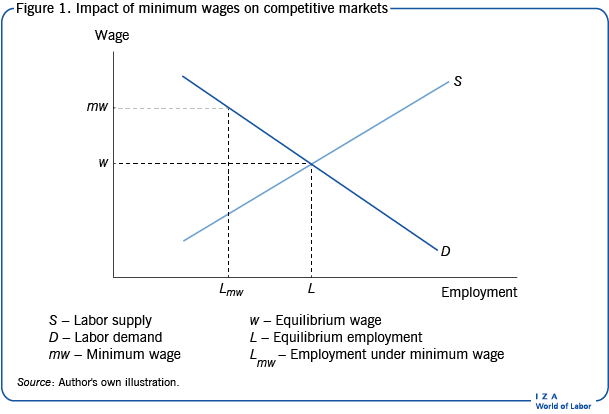The debate surrounding a living wage is a complex one, balancing the ethical imperative of ensuring workers can meet their basic needs against potential economic consequences. A living wage, defined as the minimum income necessary for an individual or family to afford a decent standard of living, has become a focal point in discussions about income inequality and social justice.
This article will delve into the multifaceted economic impact of raising wages to a living standard. We’ll explore the potential benefits for workers and communities, while also examining the concerns businesses may have regarding increased costs and their impact on hiring practices. By understanding both sides of this debate, we can work towards creating a more equitable and sustainable economic system.
Living Wage Impact
Raising wages to a living wage would undoubtedly have a positive impact on the lives of millions of workers. A higher income would allow individuals to afford basic necessities like housing, food, healthcare, and childcare, reducing financial stress and improving overall well-being. This increased financial security could lead to better health outcomes, greater educational attainment, and stronger community engagement.
Furthermore, a living wage can empower workers by giving them more bargaining power in the workplace. When employees feel financially secure, they are less likely to accept exploitative working conditions or tolerate unfair treatment. This can lead to a more equitable and respectful work environment for everyone.
Economic Consequences
While raising wages can benefit workers directly, it’s essential to consider the broader economic consequences. One concern is that businesses may face increased labor costs, potentially leading to reduced profitability. To offset these costs, companies might raise prices, cut back on other expenses, or even reduce their workforce through layoffs.
However, proponents of a living wage argue that the positive economic ripple effects outweigh the potential downsides. Increased consumer spending power due to higher wages can stimulate demand and boost economic growth. Additionally, a more equitable distribution of income can lead to greater social stability and reduced reliance on government assistance programs.
Business Costs
The impact of raising wages on businesses varies depending on factors such as industry, size, and location. Small businesses, in particular, may face greater challenges in absorbing increased labor costs. They might need to raise prices, reduce their operating hours, or explore alternative cost-saving measures.
Larger corporations with more established financial structures may be better positioned to handle wage increases. They could potentially absorb the additional costs through increased productivity, improved employee morale, and reduced turnover rates. However, even large businesses may need to adjust their pricing strategies or streamline operations to maintain profitability.
Job Market Effects
The potential impact of raising wages on the job market is a subject of ongoing debate. Some argue that higher wages could lead to job losses as businesses seek to reduce labor costs. Others contend that increased consumer spending and economic growth would create new jobs, offsetting any potential losses.
It’s important to note that the relationship between wages and employment is complex and influenced by numerous factors beyond just labor costs. Technological advancements, government policies, and global economic conditions all play a role in shaping the job market.
Hiring Trends
While it’s difficult to predict with certainty how raising wages would affect hiring trends, some studies suggest that businesses may be more willing to hire when they offer competitive wages.
A higher minimum wage can attract a larger pool of qualified applicants and reduce employee turnover, saving businesses time and resources on recruitment and training. Additionally, companies that prioritize fair compensation are often perceived as more attractive employers, which can help them recruit top talent in a competitive market.
Conclusion
The debate surrounding raising wages to a living standard is multifaceted and involves complex economic considerations. While there are legitimate concerns about the potential impact on businesses and the job market, the benefits for workers and communities cannot be ignored.
Ultimately, finding a balance between ensuring fair compensation for workers and maintaining a healthy economy requires thoughtful policymaking, open dialogue, and a commitment to creating a more equitable society.



